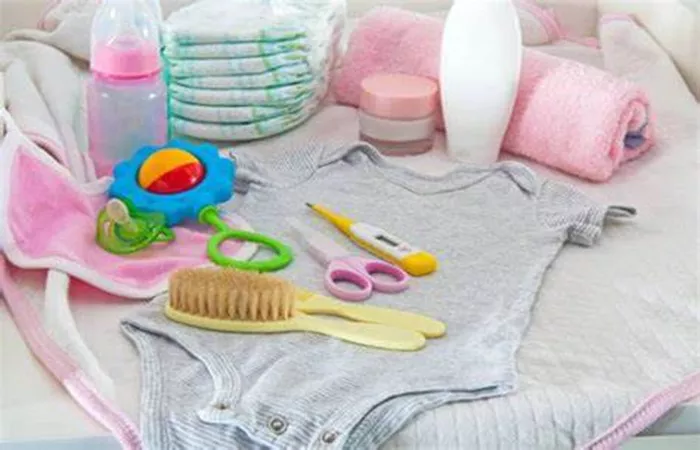President Donald Trump’s recent tariff announcement has led to a rush of expectant parents buying baby products before prices increase due to import duties.
Sam Rutledge and his wife, expecting a baby in July, quickly purchased two strollers, a car seat, a crib, and other baby items after the tariff news broke in early April. “These items are already expensive, but with the tariffs coming, we decided to buy them now,” said Rutledge.
Raising a child in the U.S. is costly, with first-year expenses averaging $20,384. However, tariffs of 10% to 145% will drive up prices even further. The majority of baby products, including bottles, strollers, and car seats, are made overseas, particularly in China.
Munchkin Inc. CEO Steven Dunn, whose company manufactures baby products, halted orders from China and imposed a hiring freeze in response to the tariffs. He predicts his company will run out of some products within three months.
While some production has shifted to Vietnam and Mexico, Dunn noted the U.S. lacks the resources to produce many complex baby items domestically.
Several major baby product brands have declined to comment on the tariffs. The Juvenile Products Manufacturers Association has requested tariff exemptions for baby products, emphasizing their importance for children’s well-being.
Nurture&, a company that makes baby furniture, has temporarily lowered prices but warned that future price hikes are likely after April 30. “These are big investments for families, and we want them to make the best decision for their budget,” said Chief Merchant Jill Gruys.
Elizabeth Mahon, owner of a baby store in Washington, D.C., expressed concern that higher prices could make essential products like car seats unaffordable for some families. She fears this could lead to safety risks.
Molly Ging, owner of a baby shop in Ann Arbor, Michigan, is dealing with price hikes and worries about inventory shortages. Despite current demand, she’s concerned about maintaining stock as the tariffs take effect.
“Babies don’t stop being born because of tariffs,” Ging said.
Related topics:


